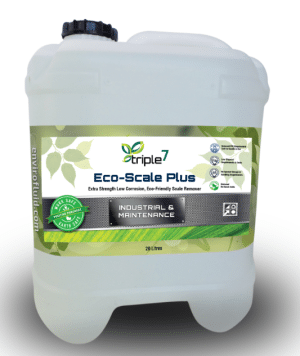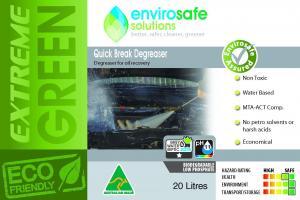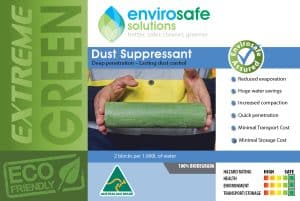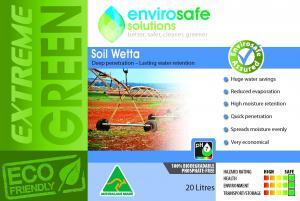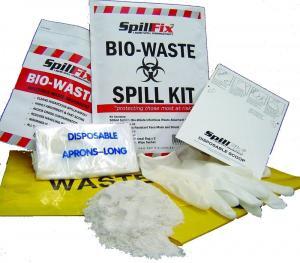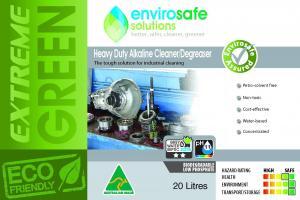Fish species are under threat from rising ocean temperatures, according to research by the CSIRO. A recent study has highlighted the effects of global warming on a long-living fish species off the coast of Tasmania. Combined with ocean pollution – from disastrous oil spills to plastic waste and non-eco friendly industrial liquids – threats to fish stocks are a major cause for environmental concern and the future of sustainable marine industry.
Research by Australian scientists has led to the first reported example of a fish species being threatened by southern hemisphere ocean warming.
The findings were published in April and suggest a marked decline in the health and reproductive rates of the banded morwong species.
The CSIRO has been monitoring sea temperatures at Maria Island, east of Tasmania, and has recorded a rise in surface water temperatures of two degrees Celsius during the past 60 years. This rise has had a negative impact on the banded morwong, a species known to live up to 100 years and remain in the same waters their entire lives.
The concern for proponents of the green revolution is that this new research shows the stresses climate change can induce in fish species. CSIRO marine ecologist Ron Thresher co-authored the study and said that significant changes in temperature were detrimental to fish species.
“Generally cold-blooded animals respond to warming conditions by increasing growth rates as temperatures rise but theory and laboratory studies show this has a limit. As temperatures get too high, we begin to see increased signs of stress, possibly eventually leading to death. We are looking at whether climate change is beginning to push fish past their physiological limits.”
Ocean pollution – our dirty secret
Fish stocks and marine plant and bird life have been exposed to increasing threats over the past century and not just from a warming planet.
The ocean has become a vast dumping ground. It has been polluted by oil spills, nuclear and radioactive waste, demolition materials, discharge from ships and stormwater run-off containing toxic fertilisers and other non-environmentally friendly liquids used by industry.
While many countries have put in place regulations or signed international treaties such as the London Convention to control ocean dumping, every part of the industrialised life has come at a cost to this precious resource.
Agricultural and industrial practices have a high impact on the quality of waterways as stormwater run-off washes residue fertilisers and chemicals into rivers and oceans.
Switching to environmental cleaning products is a small change that can have big results. Perth-based Envirosafe Solutions supplies a comprehensive range of eco-friendly industrial liquids to all industries as well as government enterprises. Its range includes the Extreme Green Marine Glass Cleaner, a fast-acting, biodegradable and non-toxic cleaner designed to remove salt residue from all type of marine and aircraft equipment.
Research shows climate change is adding to the threats facing fish and marine life. Small changes such as using environmental cleaning products will help create a sustainable marine environment. To find out more contact Envirosafe Solutions on 1300 88 90 70 or email info@evss.com.au.
Sources:
http://www.csiro.au/news/Ocean-warming-and-inshore-fish-species.html
http://library.thinkquest.org/CR0215471/ocean_pollution.htm
http://www.copperwiki.org/index.php?title=Ocean_dumping#International_Treaties_and_Policing










